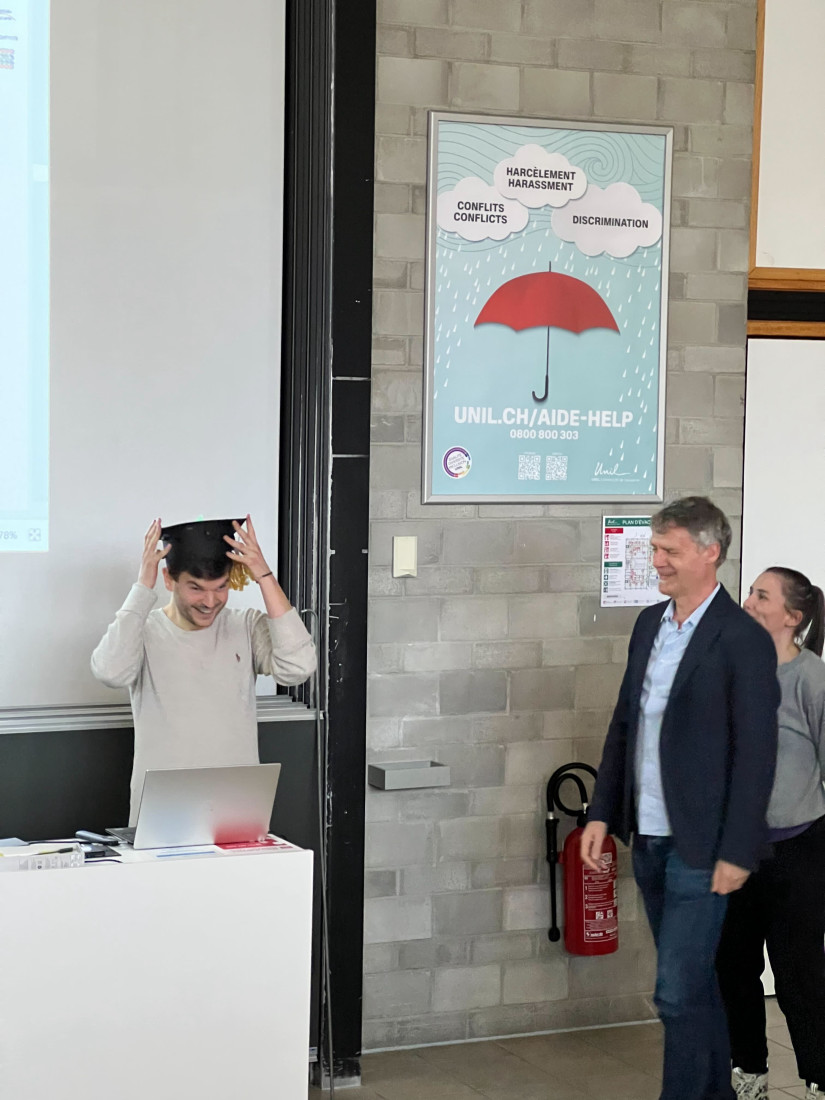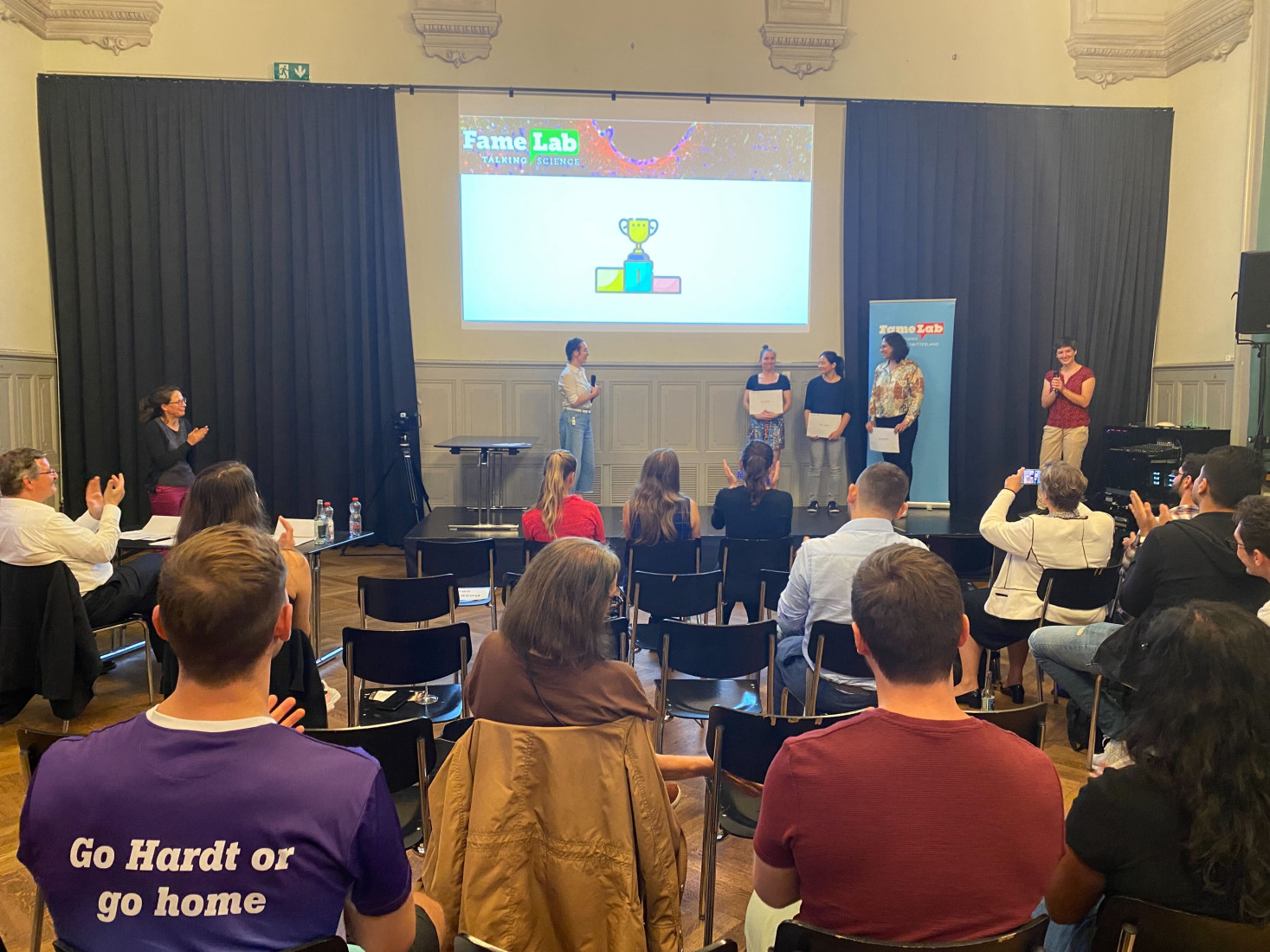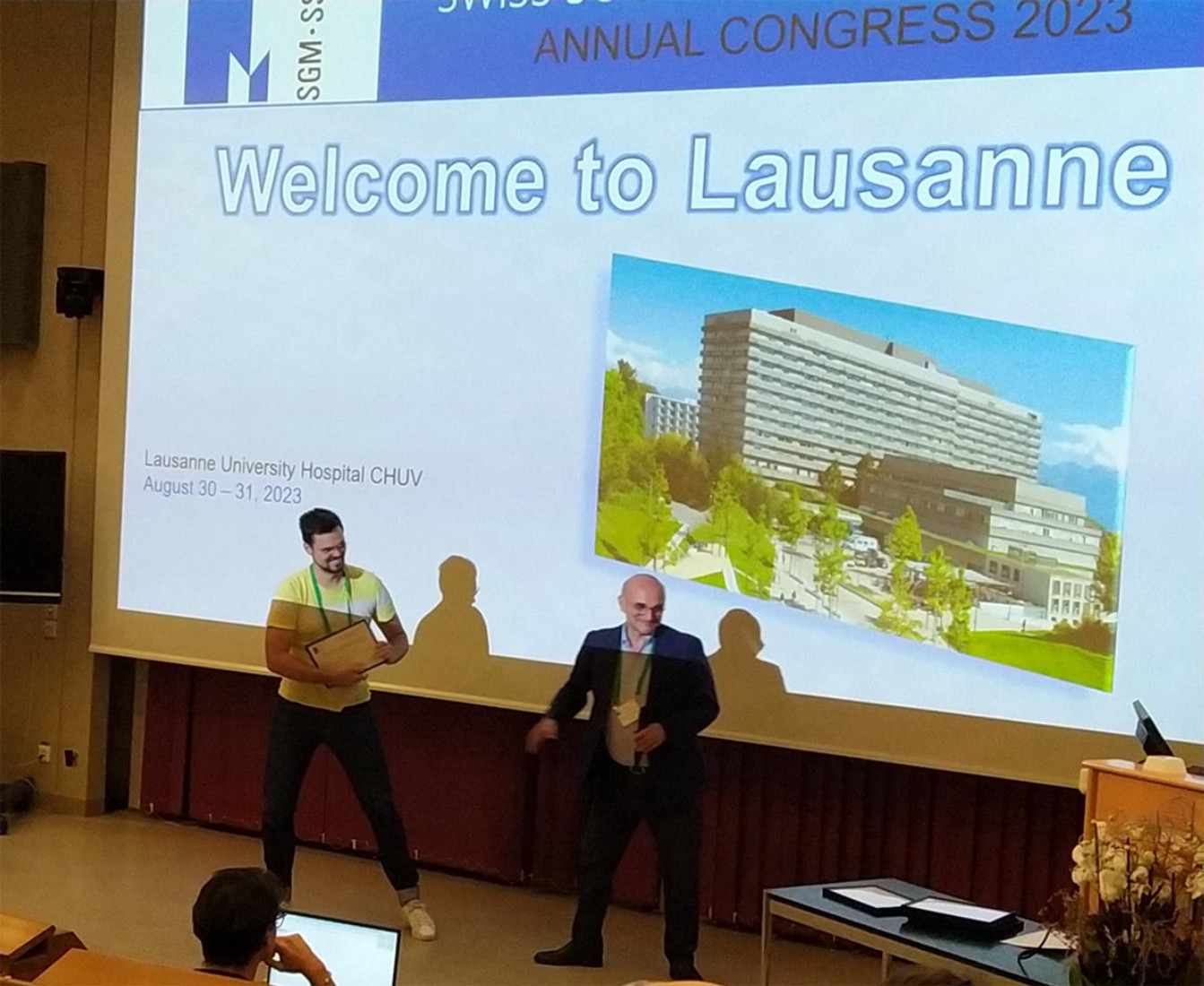Registration is now open for the NCCR Microbiomes' workshop Advanced methods in microbial community analysis. This short winter course will take place from 12-23 January 2026 at the University of Lausanne. NCCR experts will present in-depth topics in working with sequencing data, including experimental design, data analysis and interpretation, and data re-use.
Register at this link: https://forms.gle/kpNtq4jybxdMwrq58.


